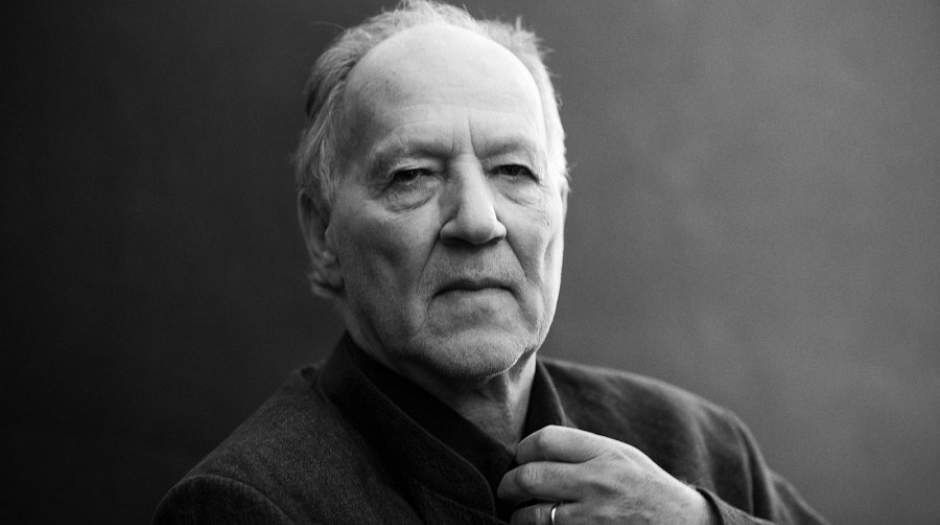The 14th edition of “Cinema Verite” (The Annual Iran International Documentary Film Festival) directed by Mohammad Hamidi-Moqadam is underway in Tehran on December 8-14, 2020.
The Documentary and Experimental Film Center (DEFC) organizes the Annual Iran International Documentary Film Festival (Cinema Verite). The festival showcases the very best of the documentary world to bridge the gap what they term between reality and truth.
The festival has several sections, including National, International, and Martyr Avini Prize, Entrepreneurship Documentary Competition, Coronavirus Special Section, Side Sections and commemorations.
Werner Herzog, the globally-known filmmaker, in his message to the 14th edition of “Cinema Verite” said that Iran has very great filmmakers, expressing hope that he could travel to Iran in near future.
"I have always preached “Cinema Verite”. Truth lies beyond the sheer facts, lies somewhere in a mysterious area that cannot really be defined," he added.
Herzog said the Iranian films have found something "which enlightens us" and wished best of luck for the Cinema Verite.
Born on September 5, 1942, Herzog started work on his first film Herakles in 1961, when he was nineteen. Since then he has produced, written, and directed more than sixty feature films and documentaries, such as Aguirre, the Wrath of God (1972), Heart of Glass (1976), Nosferatu the Vampyre (1979), Fitzcarraldo (1982), Cobra Verde (1987) Lessons of Darkness (1992), Little Dieter Needs to Fly (1997), My Best Fiend (1999), Invincible (2000), Grizzly Man (2005), Encounters at the End of the World (2007), Bad Lieutenant: Port of Call New Orleans (2009), and Cave of Forgotten Dreams (2010).
His films often feature ambitious protagonists with impossible dreams, people with unique talents in obscure fields, or individuals who are in conflict with nature and he has published more than a dozen books of prose, and directed as many operas.
French filmmaker François Truffaut once called Herzog "the most important film director alive."
American film critic Roger Ebert said that Herzog "has never created a single film that is compromised, shameful, made for pragmatic reasons, or uninteresting. Even his failures are spectacular." He was named one of the world's 100 most influential people by Time magazine in 2009.
Herzog's films have received considerable critical acclaim and achieved popularity on the art house circuit. They have also been the subject of controversy in regard to their themes and messages, especially the circumstances surrounding their creation.
A notable example is Fitzcarraldo, in which the obsessiveness of the central character was reflected by the director during the making of the film.
Burden of Dreams, a documentary filmed during the making of Fitzcarraldo, explored Herzog's efforts to make the film in harsh conditions. Herzog's diaries during the making of Fitzcarraldo were published as Conquest of the Useless: Reflections from the Making of Fitzcarraldo.
6125**1416
Follow us on Twitter @irnaenglish



Your Comment